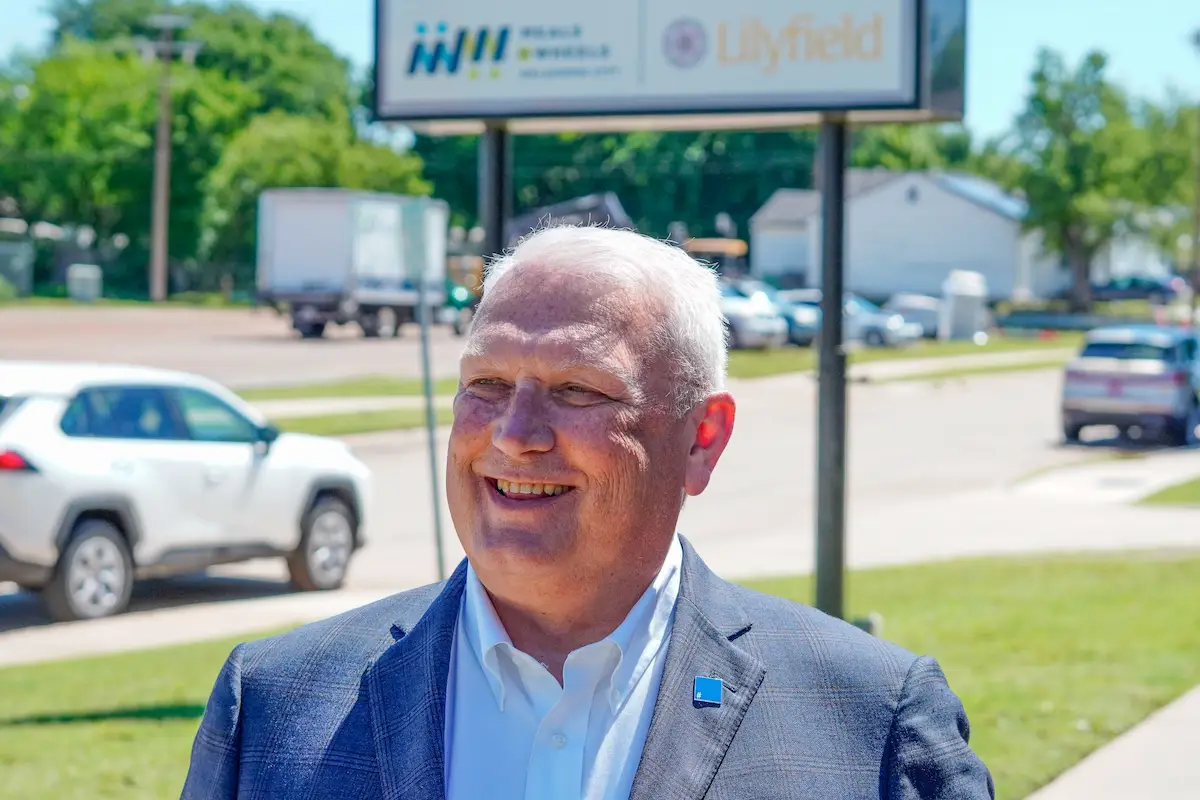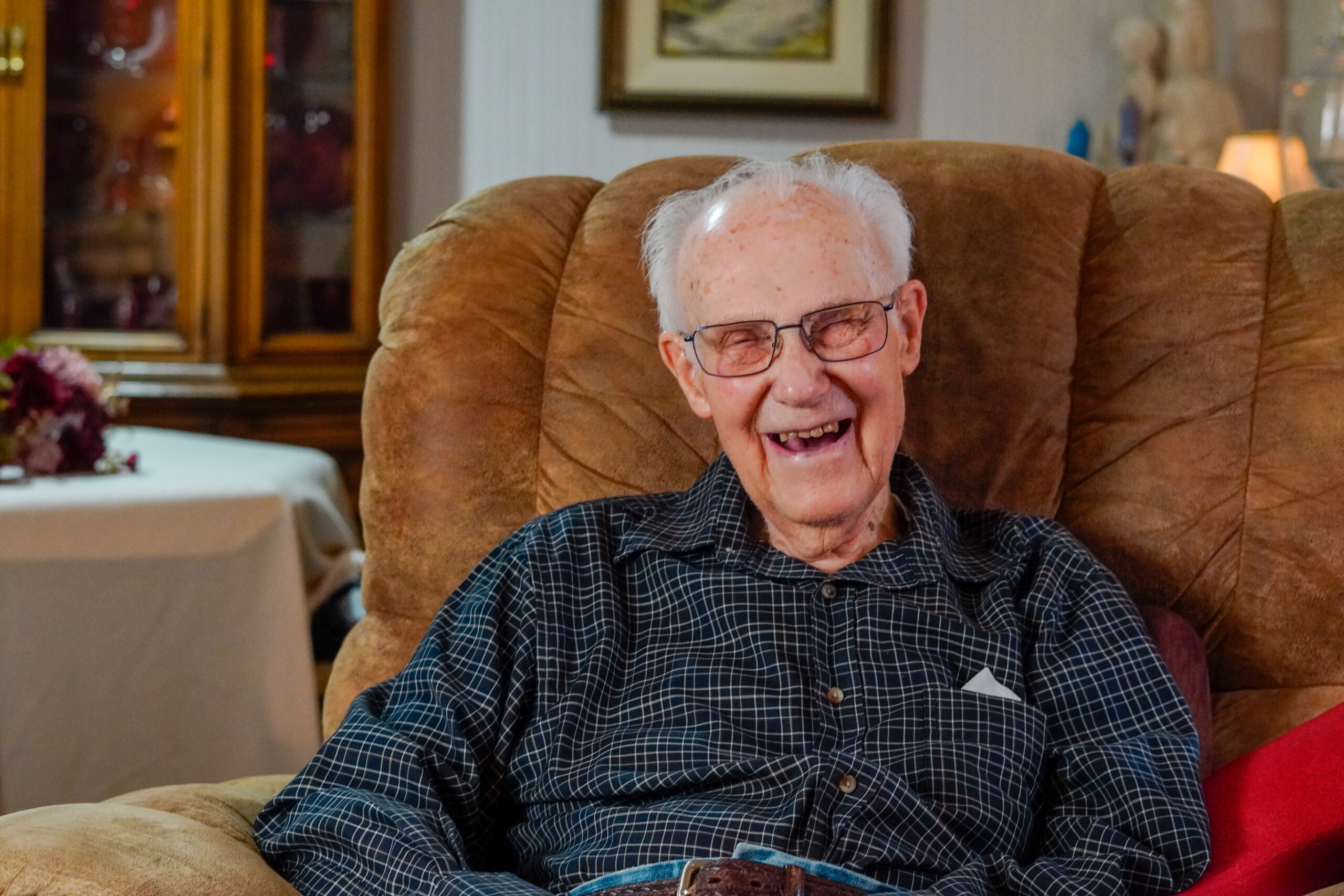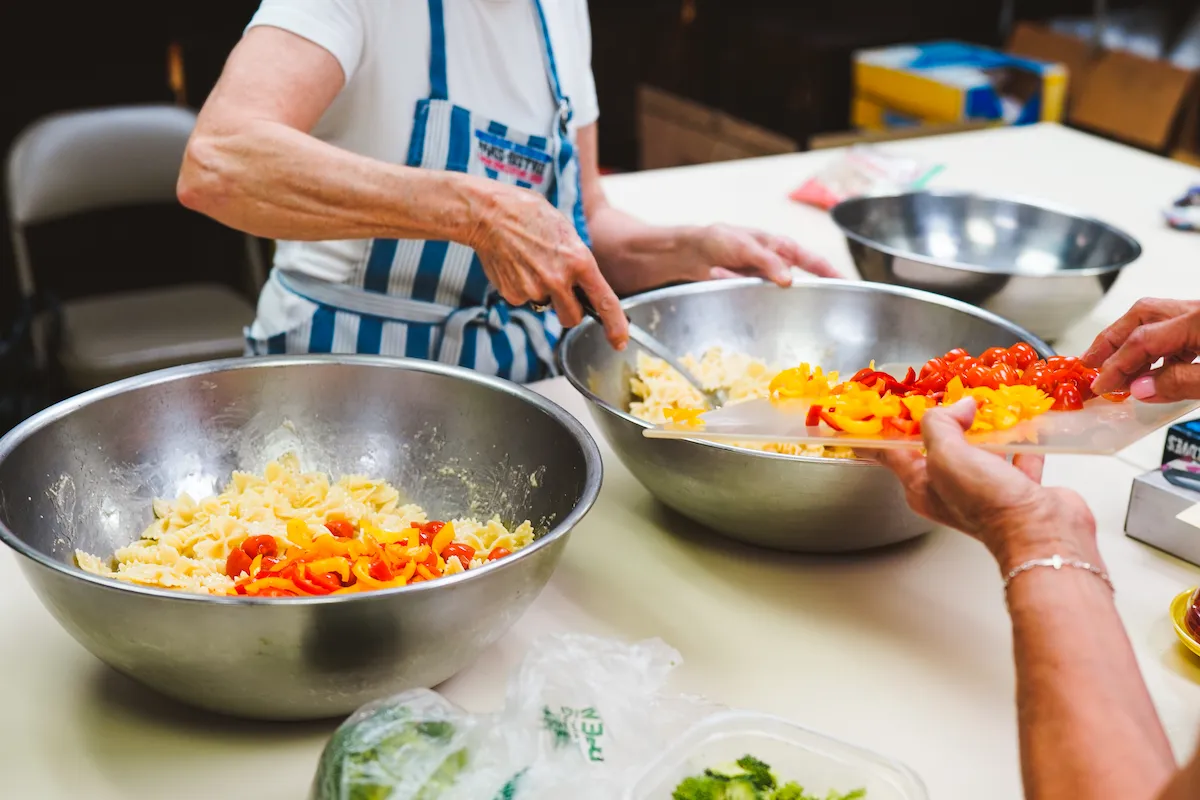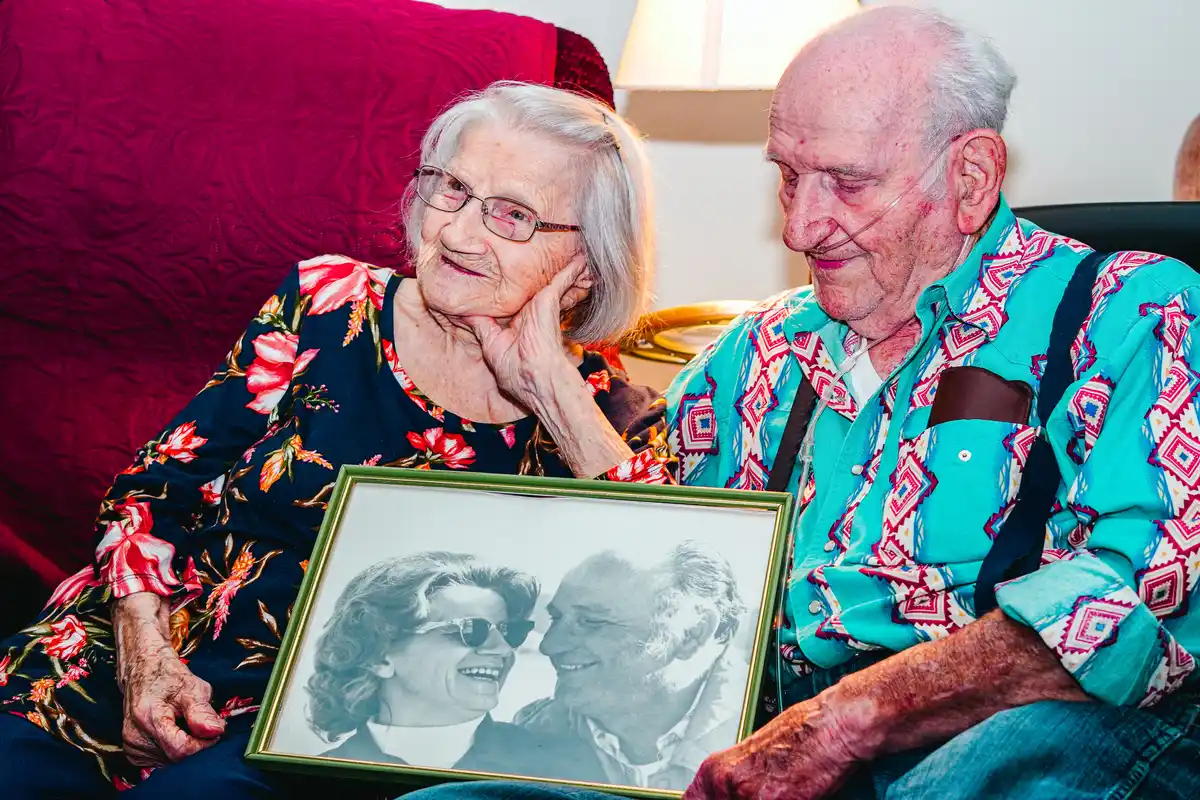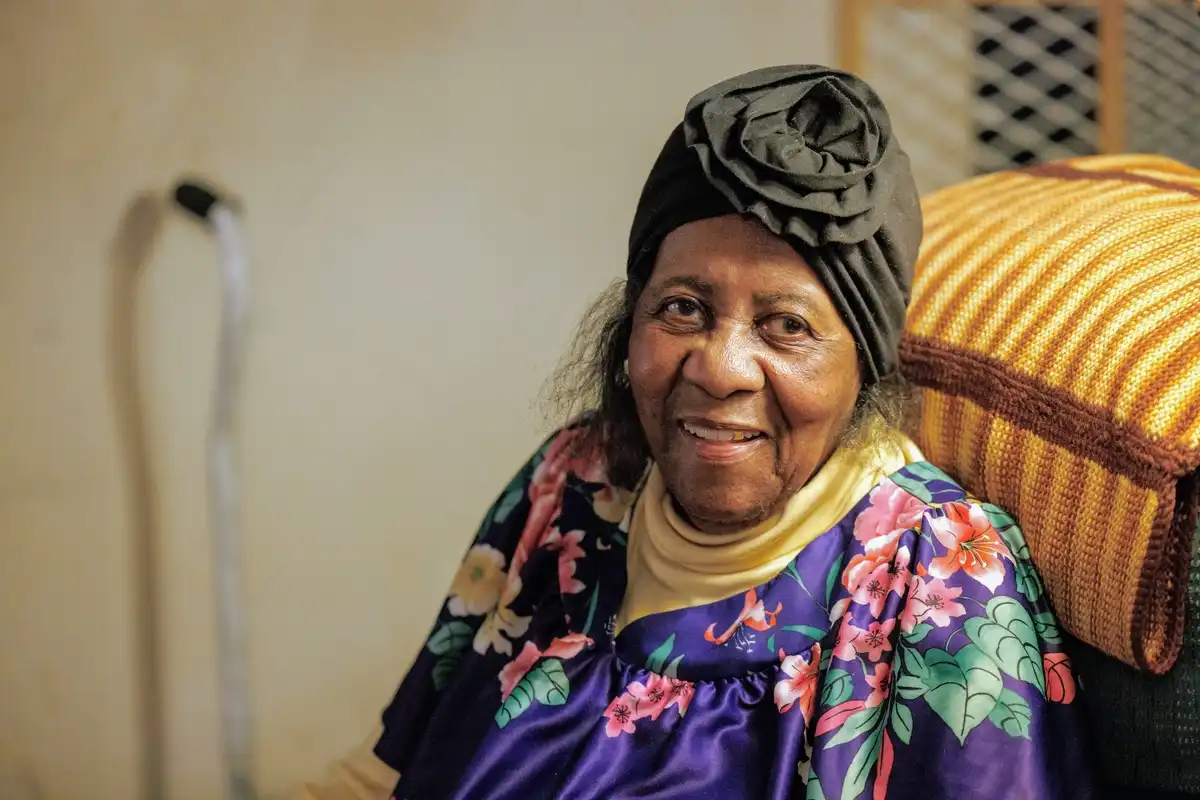The Early Life of an Oklahoma Veteran
Growing up in Atwood, Oklahoma, Donald Sullivan recalls that many schools consolidated to fill classrooms.
It was small-town America, covering 192 acres, where cotton and fruit crops were king.
Donald, despite deep ties to humble beginnings, had the opportunity to serve his country, travel the world and build a proud legacy before settling down in Oklahoma City.
At the age of 18, Donald was denied entry into the Army, Navy and Air Force on account of color blindness and a lazy eye.
Every two years afterward, he attempted and failed to pass the military physical exam. By their standards, he was unfit for duty.
A lesser man might have been easily overcome by doubt. Not Donald.
Finally, ten years later, in 1954, he completed basic training, received a top-secret security clearance and entered the U.S. Army Reserves as a staff sergeant. He was shipped off to the Marshall Islands in the Pacific to support the nation’s atomic bomb testing.
Donald was later reassigned to the “Underground Pentagon” at Fort Ritchie, Maryland, a secret military installation designed to ensure continuity of government during an emergency.
Donald and his generation were pioneers of modern warfare and military defense.
Life Beyond Service
After leaving the Army, he became a successful banking professional before retiring on December 31, 1982, on his 56th birthday.
Donald’s second career included purchasing a lumber yard and a hardware store — investments that nearly left him penniless — as well as time as a real estate broker, all while raising two adopted daughters.
Eventually, he took up full-time recreational golfing.
Today, Donald, approaching his 99th birthday in December, lives alone in an Oklahoma City suburb and spends most of his time at home cheering on his beloved Oklahoma City Thunder and University of Oklahoma Sooners, and enjoying visits from his daughters.
Finding Strength in Community Support
Far from the days of defending his country, his battles now center on his growing list of health challenges. Heart issues, esophagitis, stomach problems and diminished mobility, the result of a broken leg and ankle, and the natural course of aging, only scratch the surface.
“It keeps getting worse,” Donald says. “I have trouble getting to the door. I have trouble doing everything.”
Before his health declined, Donald made regular visits to the grocery store, dined out and cooked a variety of meals at home, including steaks, hamburgers, fried chicken, dumplings, mashed potatoes and gravy.
For Donald, who had been on the wait-list for two months, Meals on Wheels is a lifeline and a means for regaining his independence.
“I can have a meal without calling somebody to bring me something,” Donald says.
Donald knows that mobility-impaired homebound seniors like him are the most vulnerable and most in need.
“I think it’s a great program,” Donald says. “There are a lot of people who can afford their groceries, but can’t prepare them. You can’t cook sitting in a wheelchair.”
Donald is grateful for the kindness of Meals on Wheels Oklahoma City volunteers, who often go above and beyond to ensure that he’s cared for, including by dropping his meals off on the kitchen table and checking in on his health.
And the extras, like fudge brownies and cakes that satisfy his sweet tooth, birthday cards, Easter baskets and goodie boxes throughout the year, full of non-perishable items that Donald can easily prepare, are the cherry on top.
[To Meals on Wheels], keep doing what you’re doing,” Donald says. “Thank you so much. Thanks is probably not enough.”
